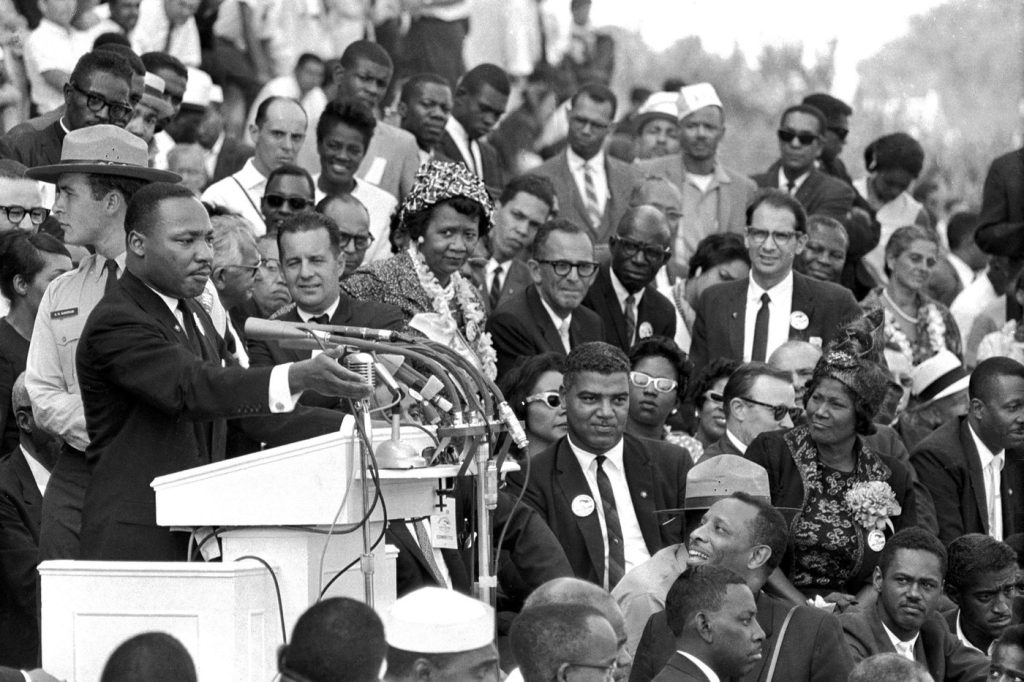Federal records relating to the investigation into the 1968 assassination of Rev. Martin Luther King Jr. were released on Monday. This comes after a March disclosure of tens of thousands of documents regarding the 1963 assassination of President John F. Kennedy. In January, then-President Donald Trump ordered the declassification of multiple governmental documents related to King, as well as to the assassinations of New York Senator Robert F. Kennedy and John F. Kennedy over 50 years ago. Trump instructed Director of National Intelligence Tulsi Gabbard and Attorney General Pam Bondi to coordinate with other officials to present a plan for the complete release of these records.
On April 18, approximately 10,000 pages related to the assassination of RFK were made public. Following this, Justice Department attorneys sought to end a sealing order on the King-related records, which was set to expire nearly two years later. However, the Southern Christian Leadership Conference, which King led, opposed the unsealing for privacy reasons, asserting that King’s family wished to keep the files sealed as well.
Scholars, historians, and journalists are preparing to delve into the newly released documents to uncover more information concerning King’s assassination, which took place on April 4, 1968, in Memphis, Tennessee. The King family expressed their desire to review the documents before public disclosure, highlighting the personal nature of the files. After the release order, King’s children emphasized the need to approach these documents with "empathy, restraint, and respect for our family’s continuing grief."
On the day of his assassination, King was on the balcony of the Lorraine Motel, preparing to go to dinner with friends, when he was fatally shot. His visit to Memphis aimed to support sanitation workers striking for better pay and working conditions. The day prior, King delivered his acclaimed "Mountaintop" speech amid challenging weather at the Mason Temple, advocating for nonviolent protest and planning the Poor People’s Campaign to address economic injustices.
James Earl Ray, after a manhunt, was arrested in London and eventually pled guilty to King’s murder, later recanting his confession and claiming innocence until his death in 1998. Over the years, released FBI documents have revealed that King was subjected to extensive surveillance, including wiretaps and hotel room bugs, which was part of a broader campaign to discredit him.
The King family has frequently challenged the conclusion that Ray acted alone, with Coretta Scott King urging the reopening of the investigation. In 1998, a federal probe was reopened, but the Justice Department affirmed that there was no evidence to disturb the previous judicial determination of Ray’s culpability. King’s son, Dexter, even met with Ray in prison, expressing belief in his claims of innocence. In a civil trial held in 1999, with the King family’s backing, a jury found that Loyd Jowers and other unnamed entities were involved in a conspiracy to murder King.
As the newly released documents continue to generate interest, scholars are eager to understand the extent of the FBI’s involvement in King’s surveillance and the contents of their discussions during the investigation. There are hopes of uncovering the bureau's efforts to undermine King’s credibility, especially in light of the lack of public knowledge regarding these actions during his lifetime.
However, doubts remain about what the documents will contain. Scholars caution against expecting definitive proof of government involvement in the assassination, maintaining a critical view towards the FBI’s historical actions that aimed to discredit King. With the national interest cited as a reason for the records' release, some observers have expressed skepticism regarding the timing and motivations behind this decision.
Ultimately, the release of these documents serves as a crucial moment for historical reflection and inquiry into not only King’s legacy but also the broader implications of governmental actions against civil rights leaders.











